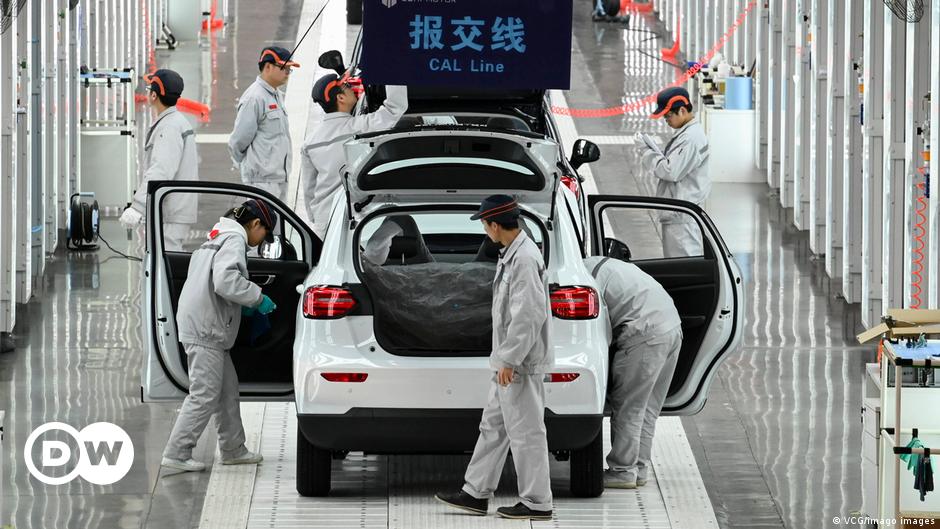Beijing’s industrial subsidies are on average three to four times higher than in Organisation for Economic Co-operation and Development (OECD) countries — sometimes up to nine times as much. A report published this week by IfW-Kiel estimated that industrial subsidies amounted to €221 billion or 1.73% of China’s gross domestic product in 2019. Another study put annual subsidies typically at around 5% of GDP.
The IfW-Kiel report revealed how Chinese subsidies for domestic green-tech firms had increased significantly in 2022. The world’s largest EV maker, BYD, received €2.1 billion, compared with €220 million just two years earlier. Support for wind turbine maker Mingyang rose from €20 million to €52 million.
Europe’s green-energy sector has already taken a beating from cheap Chinese imports of solar panels, which have wiped out several domestic players and prompted an EU anti-subsidy probe. Though EU countries installed record levels of solar capacity last year — 40% more than in 2022 — the vast majority of panels and parts came from China, according to data from the International Energy Agency.
Analysts argue that China can’t succeed without strong and stable markets for its products, which should give US and EU leaders the edge in negotiations with Beijing.



I am not sure how to feel about this.
On one hand, it seems awfully petty in one sense when our ecological fate rests on going green as fast as possible.
On the other, I absolutely appreciate the importance of not letting domestic production get completely swamped by foreign markets.
Europe can do that to a very large extent domestically. We had a similar situation before 2008, when Spain and Germany offered huge subsidies to private households to boost the installations of solar roof tops, for example. Practically all of that money went into the coffers of Chinese solar tech suppliers. Europe must not make this mistake again, not in the least as many of Chinese products are produced under much lower environmental and social standards imho.
One is an existential crisis, the other is simply economic protectionism.
I strongly believe in domestic production (it’s a matter of national security), but not when it’s actively harming everyone on the planet.
The alternative is to give subsidies to European production as well, as to counter Chinese subsidies. That makes both significantly cheaper and allows for mass investment. Also China can export to other markets as well. It does not matter, where green technology is deployed, just that it lowers emissions.